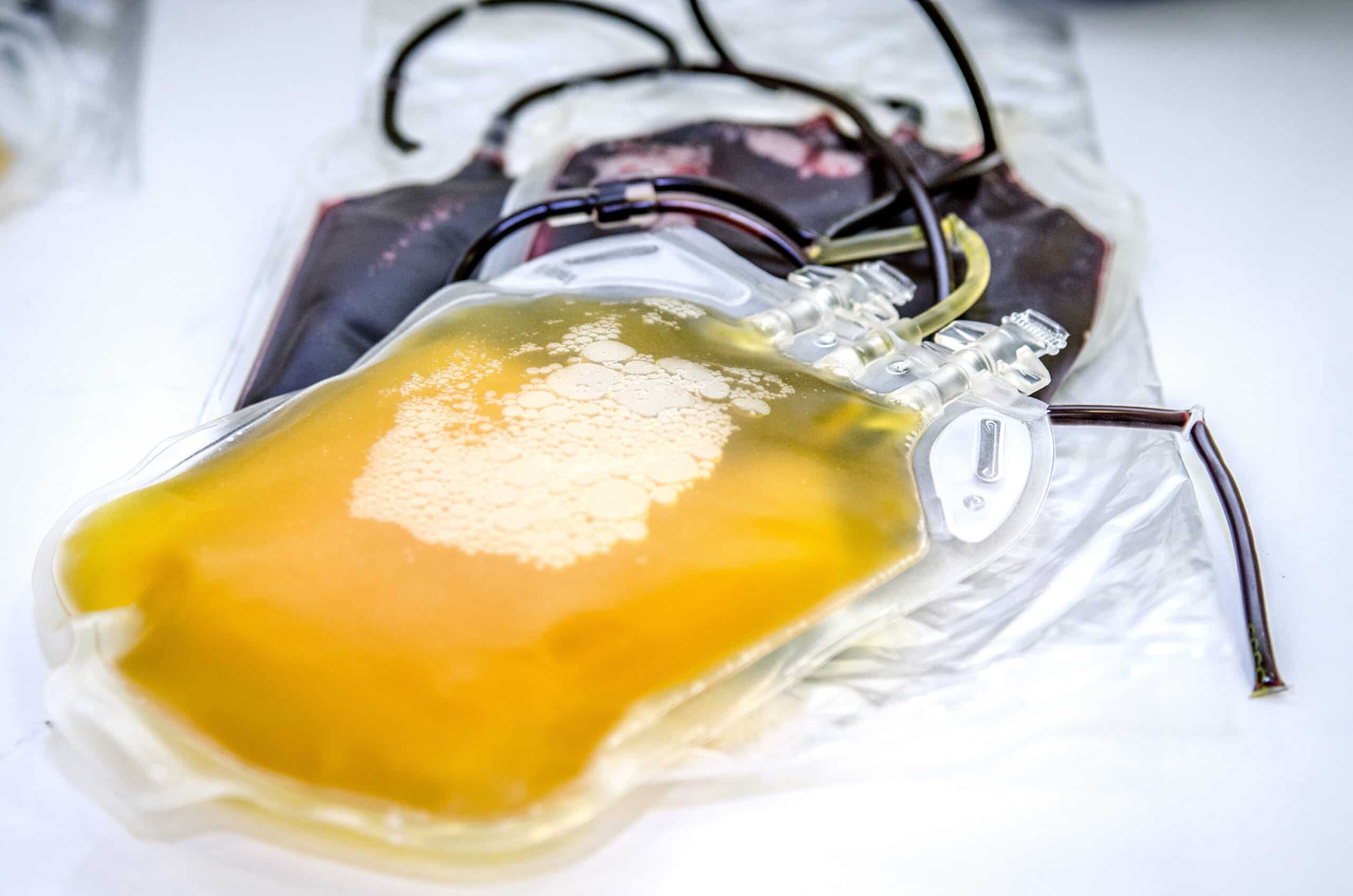“While prior studies have shown that introducing blood from young mice can reverse cognitive decline in old mice, it is not well understood how this happens.Our research suggests one answer lies in specific properties of youthful blood cells.” says Helen Goodridge, PhD of Cedars-Sinai Medical Center.
Should further studies confirm a similar process in humans findings may help to discover and create therapies to slow progression of neurodegenerative disease affecting millions of people such as Alzheimer’s disease.
18 month old mice were given bone marrow transplants from mice either or their age or 4 months old; 6 months after transplant both groups underwent standard testing of activity levels, learning, as well as spatial and memory testing. Animals that received young bone marrow transplants outperformed their counterparts as well as a control group that did not receive any transplant.
When the hippocampus regions were examined animals that had received young bone marrow transplants were found to have retained more synapses connections between neurons in the hippocampus, even though they had about the same number of neurons.
Possible reason for the mission synapses is suggested to be that the blood cells made by the young bone marrow helped to reduce activation of microglia that support neuron health but can become overactive and participate in synapses disconnection; fewer overactive microglia would mean that more neurons would remain healthy allowing more synapses to survive.
“We are entering an era in which there will be more elderly people in the population, along with an increased incidence of Alzheimer’s disease, putting a huge burden on the health system. Our work indicates that cognitive decline in mice can be significantly reduced by simply providing young blood cells, which act on the brain to reduce the loss of synapses related to aging.” says Clive Svendsen, PhD.
It may be difficult to translate and confirm these findings in human samples being that bone marrow transplants currently are not feasible for this use. The researchers are developing personalized young blood stem cells for an individual using stem cell technology, these cells could potentially help replace an individual’s aging blood stem cells and help prevent cognitive decline and possibly even neurodegenerative diseases such as Alzheimer’s disease.




